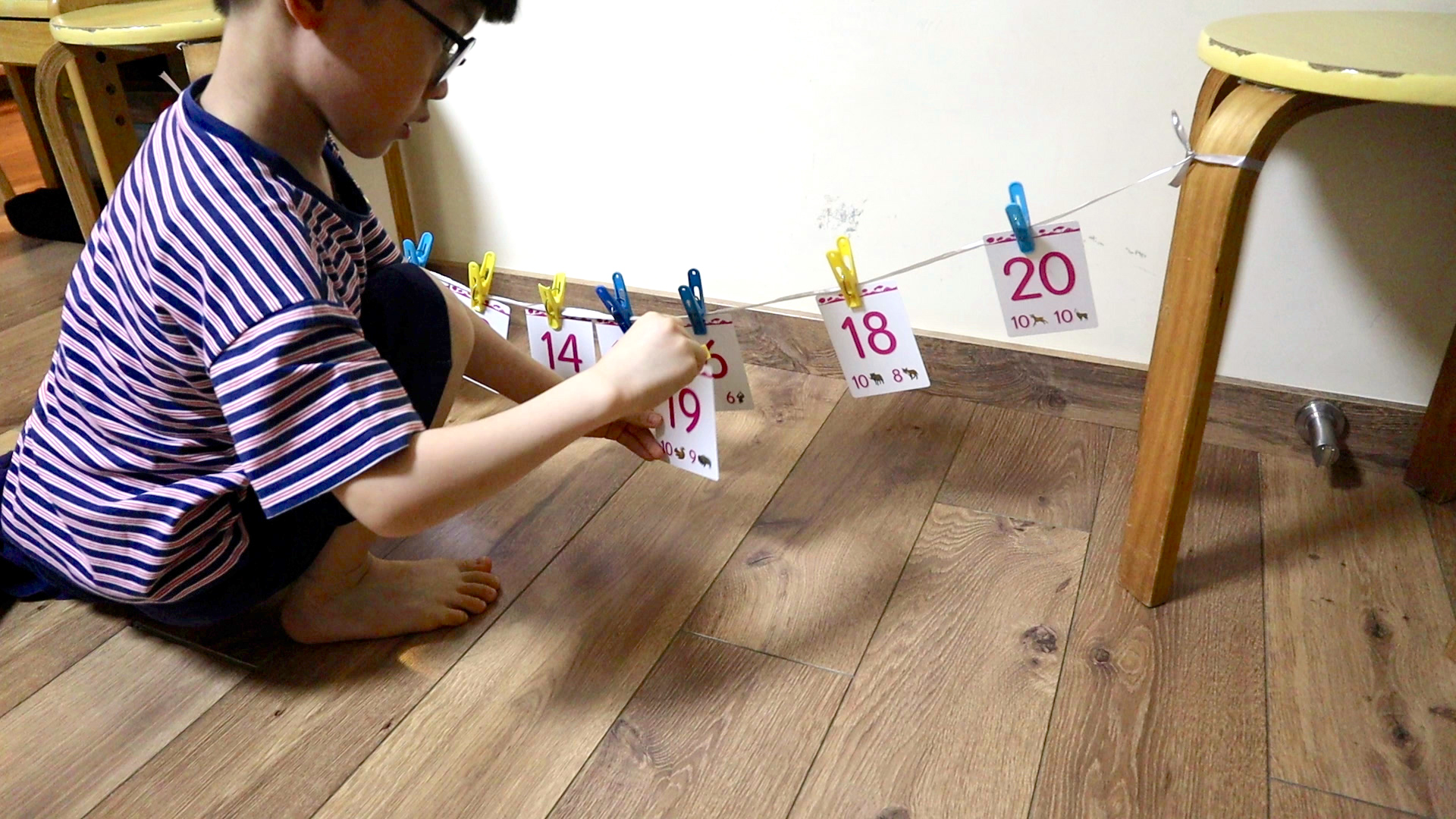In psychology, inhibition is the ability to override an automatic response from our brain. When the correct answer to a question in math is not obvious, for example, we need thorough thinking. So, inhibition is essential to avoid distractions as well as remain focused and persistent. Aside from that, being able to switch between different tasks, such as adding and subtracting, is likewise important. Moreover, updating our working memory (also called short-term memory) is key to processing the information we have just learned.
Inhibition, mental set shifting, and memory updating are three important psychological mechanisms of our mental "executive functions." Our capacity to hold the most recent results of a problem in our memory, during mathematical operations in particular, allows us to do the required successive calculations more easily. This is why executive functions and math skills are linked to achievement in academic subjects.
Students who achieve low results on tests of executive functions tend to achieve worse in math tests as well. Since math skills predict not only academic success but also success later in career and life, it is useful to understand how closely executive functions and math performance are associated in kids - preferably before they start school.
Researchers from the Faculty of Humanities, Education and Social Sciences at the University of Luxembourg, along with the University of Oslo, synthesized 363 research results from 30,481 preschoolers. They discovered that children who can inhibit being distracted shift more easily between different tasks and are better at updating the information they have just learned, thus scoring higher on math tests. This study also showed that inhibition, shifting, and updating are all equally important for developing math skills.

Picture: Arcanys Early Learning Foundation



